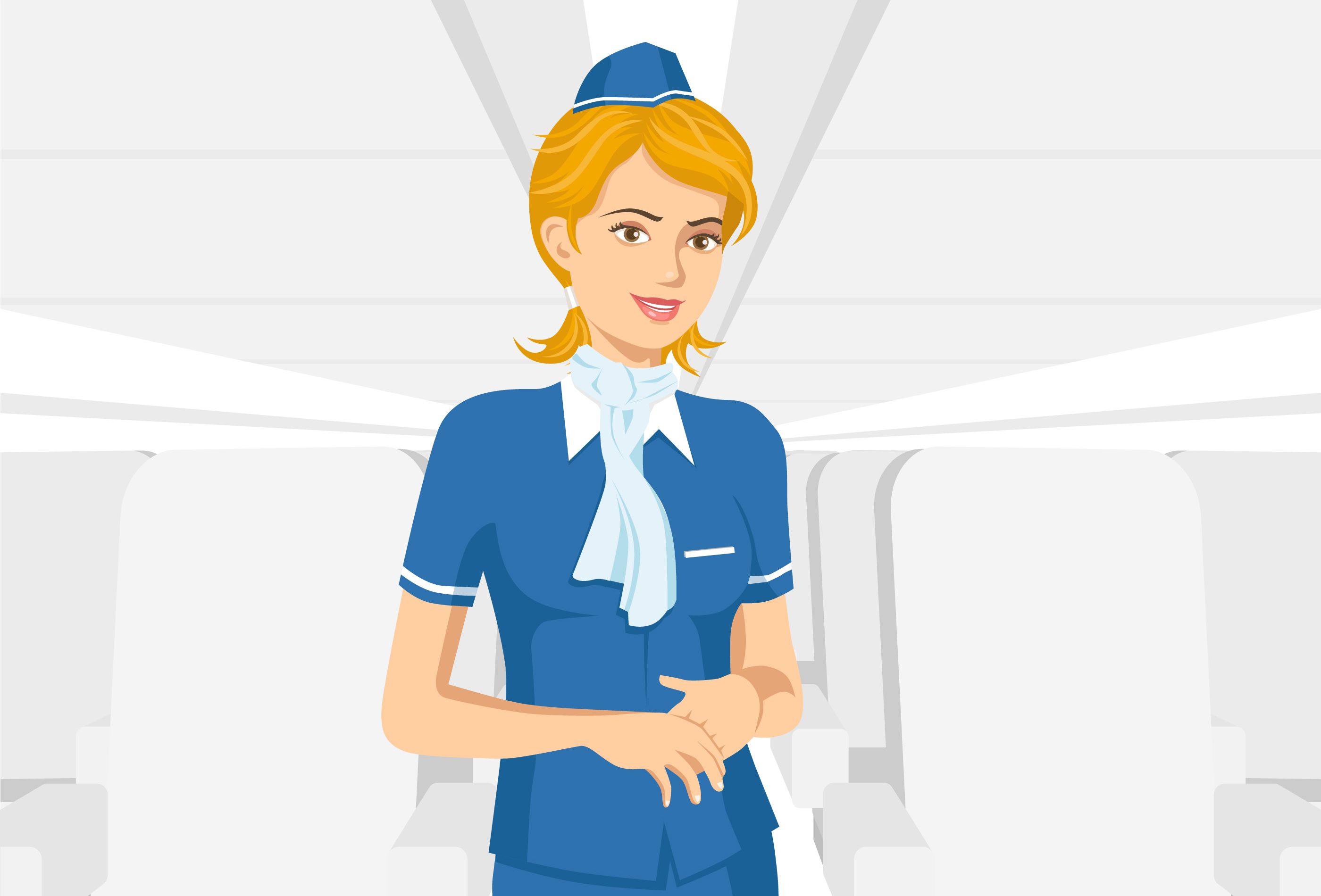Until August 1, 2015, the Canadian Aviation Regulations (the “CARS”) required at least one flight attendant for every 40 passengers on board a commercial aircraft. In 2013, Transport Canada (the regulator of aircraft operators) granted exemptions to several carriers, including Sunwing Airlines, allowing them to operate with a ratio of one flight attendant for every 50 passenger seats. European and U.S. carriers were already permitted to operate under a 1:50 ratio.
The Canadian Union of Public Employees (CUPE) represents flight attendants employed by several Canadian airlines. Over the past few years, CUPE has voiced strong opposition to the exemptions granted by Transport Canada. As mentioned above, the CARS were amended as of August 1, 2015, and now permit air operators to elect between the 1:40 ratio and the 1:50 ratio. If the operator chooses the 1:50 ratio, it is required to meet additional safety sensitive requirements.
The Federal Court of Canada recently considered a judicial review application brought by CUPE challenging two Transport Canada decisions related to the exemption granted to Sunwing in 2013. The exemption was initially subject to Sunwing satisfying a number of conditions. One condition was that Sunwing conduct and pass a partial demonstration of a simulated evacuation using its normal and emergency operating procedures. This condition required Sunwing’s flight attendants to open 50% of its aircraft’s doors, deploy slides, and complete other tasks within 15 seconds.
Sunwing conducted four partial demonstrations of its emergency evacuation using normal operating procedures. These tests were monitored by Transport Canada officials. Sunwing failed the first two tests because it took more than 15 seconds to complete the various tasks. There was some doubt as to whether Sunwing failed the third test, but Transport Canada decided at the time that Sunwing had not met the requirements in its third attempt. Before the fourth attempt, Transport Canada suggested (and Sunwing agreed) that a mandatory procedure be made optional, and only followed on an “as required” basis, to be determined given the situation actually at hand in the aircraft at the time. The procedure was a shouted command given by flight attendants at the start of an emergency evacuation. The procedure (a “blocking signal” command) required flight attendants to identify able-bodied persons and then shout the words “you and you hold people back”. The purpose of this command was to prevent passengers from stampeding to the exits and impeding the flight attendant from opening the exits quickly.
The change from a mandatory command to an optional command required an amendment to Sunwing’s Flight Attendant Manual. Amendments to Flight Attendant Manuals must be approved by Transport Canada. Transport Canada approved the amendment verbally and then in writing. CUPE argued that both approvals were unreasonable and that they should be set aside by the Federal Court. Although the approvals were first given in the context of exemptions by Transport Canada (the new CARS amendments allow carriers to operate at a 1:50 ratio), Sunwing still needed to rely on the partial evacuation test to benefit from the changed regulation.
In a detailed decision, the Federal Court ruled that Transport Canada’s written decision to allow Sunwing’s proposed Flight Attendant Manual amendment was not reasonable. This finding was made in part because the written decision was made without properly completing the “comprehensive review” required by Transport Canada’s Cabin Safety Inspector Manual. Further, Transport Canada neither asked for nor reviewed a Risk Assessment prepared by Sunwing (at Transport Canada’s request) in support of the amendment. The failure to conduct a “comprehensive review” casted doubt on the integrity of the ultimate decision and had the potential to undermine confidence in the application of Transport Canada’s air passenger safety mandate. In addition, Transport Canada’s decision unreasonably relied on deficient and irrelevant anecdotal evidence from its Cabin Safety Officer.
Since the Flight Attendant Manual amendment couldn’t be “replaced overnight” (it had to be revised and staff retrained, among other contingencies), the Federal Court stayed (suspended) its decision to set aside Transport Canada’s decision for 30 days. The stay was to allow Sunwing time to revert to its previous Flight Attendant Manual wording on an orderly basis or perhaps undertake a fresh amendment process with Transport Canada.
Given the recent CARS amendments allowing operators to elect to operate with a 1:50 ratio (i.e. an exemption is no longer required), it remains to be seen whether CUPE will continue its battle to maintain (or rather, return to) the 1:40 flight attendant to passenger ratio. Regardless, Transport Canada has been put on notice that it must follow the “comprehensive review” process in a careful and thorough manner in order to ensure that decisions are made in the best interests of air passenger safety.


